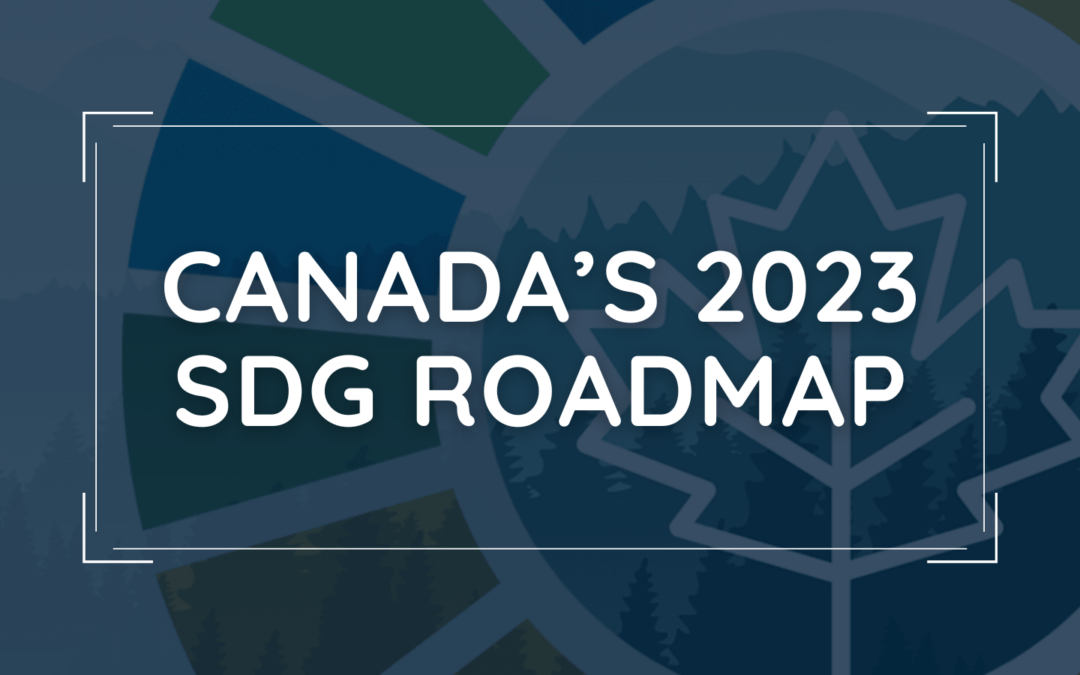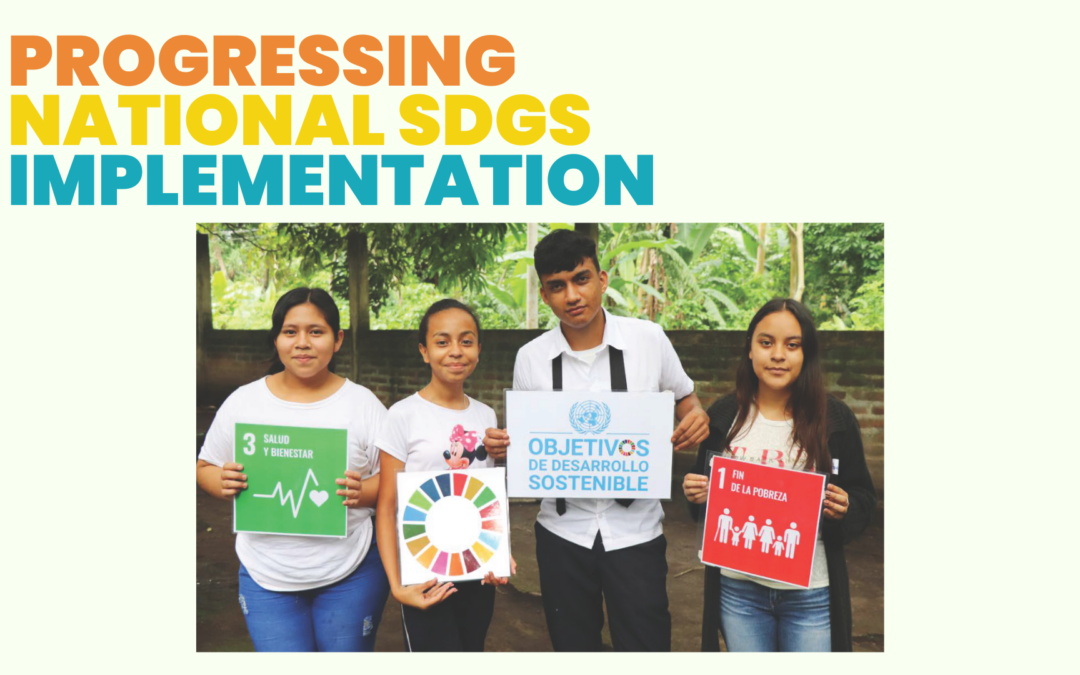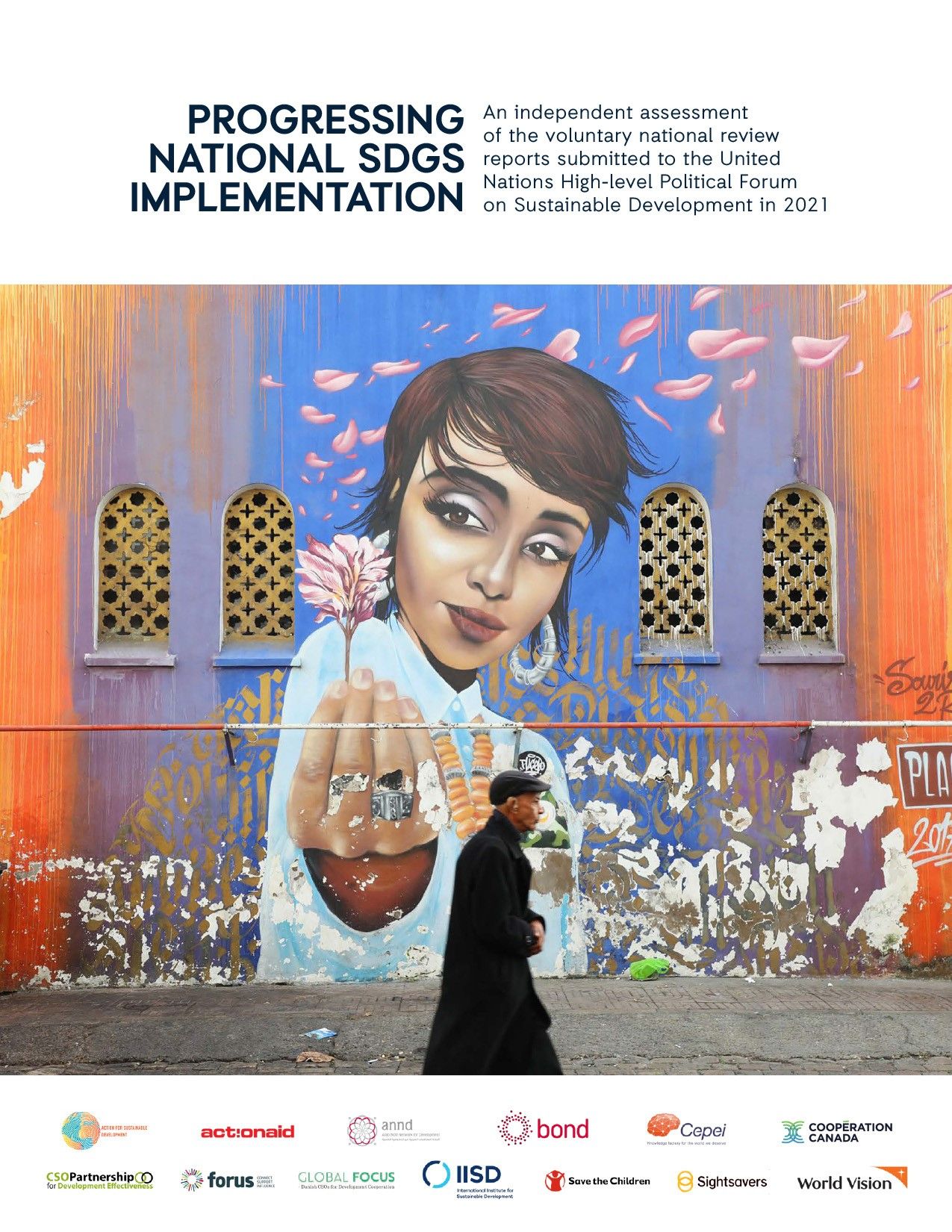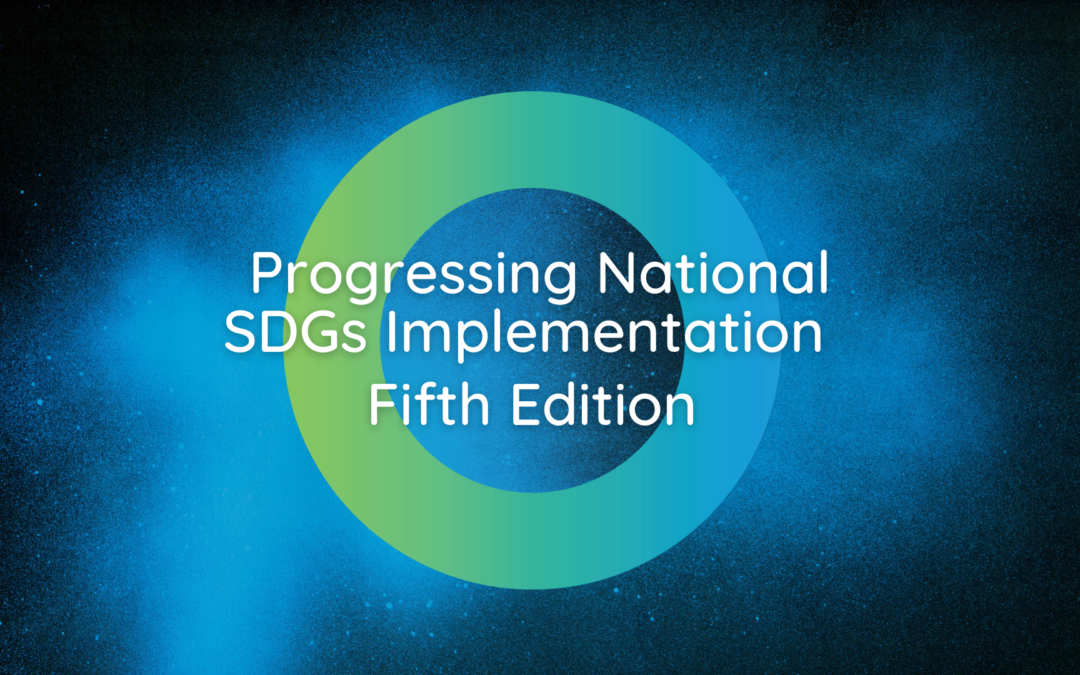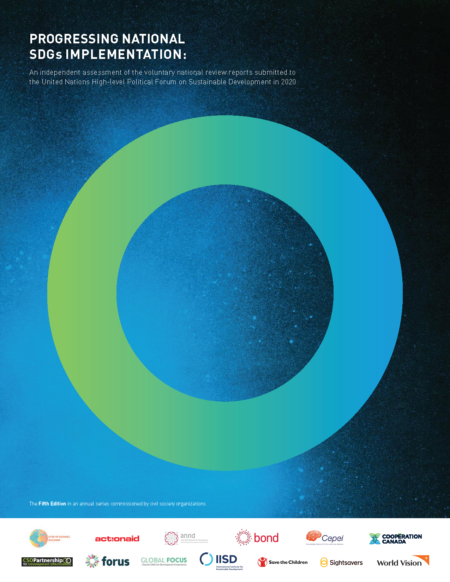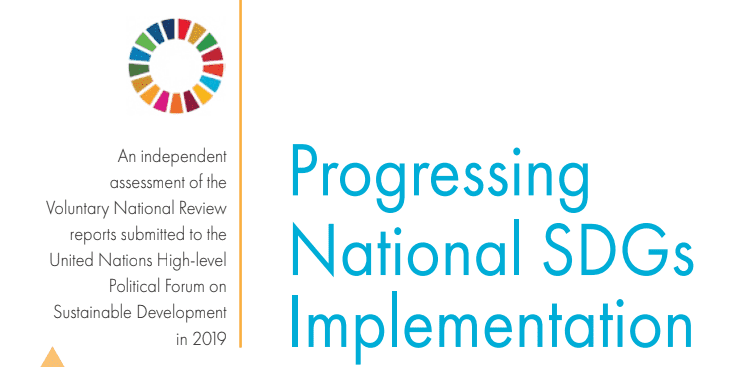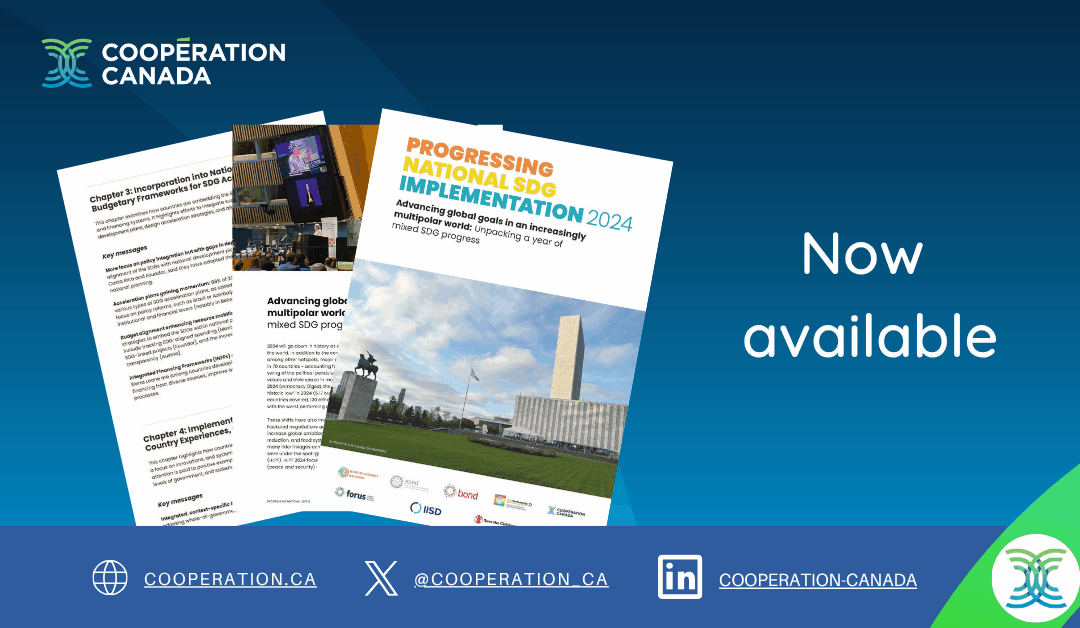
Advancing Global Goals in a Fractured World: A reaction to the Ninth Progressing SDG Implementation Report
As we pass the halfway mark toward 2030, the 2024 Progressing National SDG Implementation Report lands as both a temperature check and a mirror, reflecting the uneven, often fragile architecture of sustainable development across the globe. It outlines efforts by 35 countries to advance the Sustainable Development Goals (SDGs), revealing both policy-level commitment and deep-seated implementation challenges. For those who have read Cooperation Canada’s The Post-2030 Lanscape report, the patterns in this year’s Progressing Report feel familiar. They echo the structural shifts and asymmetries we explored through scenario building: decentralization without devolution, participation without power and progress that’s uneven by design.
The Progressing SDG Implementation Report is produced annually by the civil society platform Action for Sustainable Development, in partnership with other civil society organizations including BOND, Cooperation Canada, FORUS, the International Institute for Sustainable Development and Save The Children, Sightsavers. The 9th edition was authored by Wangu Mwangi.
The Good News?
Many governments are taking the SDGs seriously: over 90% have included them in national development plans. Some, like Costa Rica, are linking these goals directly to budgeting and public investment decisions. Others, such as Brazil, have reactivated national coordination platforms, brought civil society back into planning processes, and gathered input from over 1.5 million people in their latest planning cycle.
The Harder Truth?
Much of this integration remains surface-level. Only 26% of countries involved stakeholders in defining SDG priorities. Civil society engagement is often limited to the Voluntary National Review (VNR) process, with little influence on long-term development planning or budgeting. While 91% of countries report having formal SDG governance structures, only 63% include non-state actors—and even fewer ensure these actors have continuity or influence in decision-making.
This participation paradox echoes one of the key risks outlined in the Global Cooperation Futures Initiative: the threat of symbolic ‘multi-stakeholderism’ under the Transactional Cooperation scenario. Where cooperation becomes transactional, participation is more about optics than substance, and decisions are driven by short-term interests rather than inclusive, long-term planning.
Yet some signals point to more hopeful pathways. Uganda’s Parish Development Model stands out as a promising example of embedding SDG planning into local government structures. It provides a framework for addressing development at the household level, tailored to community needs and realities. Similarly, Kenya has supported 17 of its 47 counties to independently review and report on SDG progress, backed by national coordination and training. These types of initiatives reflect what our Multistakeholder Cooperation scenario envisions: governance that is distributed, inclusive and adaptive. But as the report suggests, they remain under-resourced and fragile, needing stronger political and financial support to grow.
Austria, meanwhile, offers a glimpse of what meaningful monitoring can look like. While most countries continue to struggle with data quality and coverage, especially disaggregated data, Austria stands out as the only country in the 2024 review to report complete indicator coverage for the SDGs under review. Its approach combines national statistical systems with university-led research networks and civil society partnerships to create a more transparent and participatory data environment.
These kinds of practices, when sustained and scaled, may offer the foundation for a more resilient, legitimate form of cooperation. As outlined in our 2020 policy brief on Effective Multi-Stakeholder Engagement, real progress depends on involving civil society not just as observers or implementers, but as full partners. The brief lays out clear, practical principles—early involvement, transparency, resourcing, and feedback loops—that can help turn participation into shared decision-making.
The 9th Progressing SDG Implementation Report doesn’t just measure distance from 2030. It reflects deeper tensions between global ambition and local ownership, between formal inclusion and real influence, that will shape what cooperation looks like in the coming years. It also leaves us with a bigger question: are we still trying to implement the SDGs as they were first imagined, or are we ready to evolve them for the world we’re actually living in?
Read the country spotlight reports here.


